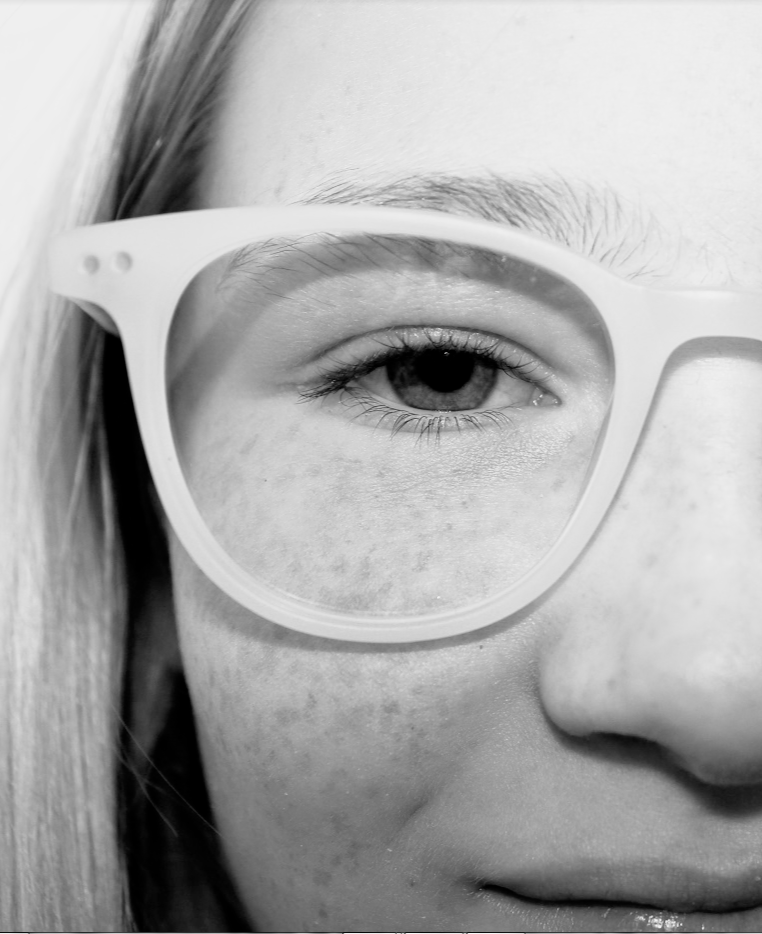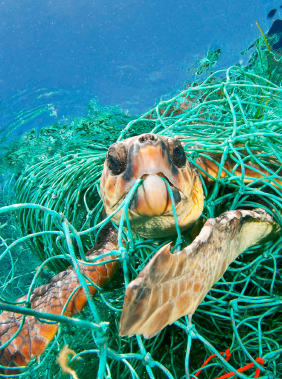There is no point making the effort to cycle up Curbar or run to the top of Stanage if you are not going to take time to enjoy the view. The same goes for climbing Hollybush Crack, or swimming along the Derwent at Chatsworth or even walking the dog to the top of Grave’s Park.
Gym workouts, indoor pools and climbing walls do all have their part to play in getting us all to Move More. They are though in my mind firmly still second best to the boost that getting outside in The (Capital “T”) Outdoor City gives us. The views we see up in the hills play a huge part in creating the memories that we can bore friends about for years to come over pints outside pubs or mugs of tea in cafes or Facebook.
As an optometrist who tries to get out in to the Peaks as much as possible and someone who has been myopic (short-sighted) since the age of 15 I am very committed to helping people, including myself, see these views clearly, comfortably, safely and stylishly. We even offer £10 off if you bring your bike in with you.
Different outdoor activities often require different visual solutions – UV protection needs to be considered for all of them. Cyclists and runners, both on and off-road need protection from foreign bodies, clarity to see the route ahead and often the ability to see a map or electronic device too. Contact lenses work for me on a bike or on foot, with sunglasses or clear lenses over the top. Some people prefer cycling specs with the prescription incorporated into lenses that get darker in the sun and lighter as the light fades.
I have met a few climbers who climb in a blur as they are worried about their specs falling off as they hang on to the crags. I argue that clear vision will make them a safer and better climber. Don’t they want to see if the person who is holding the rope is paying attention? Again, contact lenses are an option, but there are also all sorts of frames these days that incorporate changeable sides with straps on that can be helpful.
Wild swimming has become very popular in recent years and I am a big fan, though my kids know not to trust me when I say, “it’s really not that cold”. Contact lenses, frustratingly, should never be worn for swimming. Why? Because of the danger of infection by a microscopic organism called Acanthamoeba present in water. This infection is hard to diagnose and very hard to treat successfully. Prescription goggles are now affordable and something I would not be without. As an aside, polarised sunglasses are great for assessing how safe it is to jump in as they allow you to see rocks just under the surface that would otherwise be difficult to spot.
In recent times we’ve provided multifocal contact lenses for fell runners and orienteers who run at night who were finding that they were freezing faffing about getting out and putting on reading glasses. We’ve done goggles for skiing and clip on polarised sun glasses for varifocal wearing ramblers who walk in the variable weather conditions that characterise outdoor Yorkshire pursuits.
Needless to say we also like to help out those who enjoy all sorts of activities like rugby, football, tennis, netball or hockey and children who find their everyday specs are impinging on their sport.
So, get outdoors this summer, get a sweat on and don’t forget to #enjoytheview.
Why are annual children’s eye tests not part of the school holiday routine? If your child cannot see properly they will enjoy school less and not do as well in their studies. Six monthly dental checks are considered normal, but while you get two sets of teeth and even false ones your two eyes are irreplaceable. This neglect of eyecare is at odds with survey after survey that tell us that 90% of the public say sight is the sense they most fear losing. 1 in 5 children has an undetected problem with their vision. 50% of parents with children aged 8 or under have never taken their child for an eye test.
This lack of regular eye testing blind spot (apologies for the pun) is not restricted to families from poorer backgrounds either, but some are put off by the fear of the cost of glasses. Eye tests for under 16s and those under 18 in full time education are free on the NHS and if they need glasses they get a voucher towards the cost. Some opticians provide totally free pairs with options to spend a bit more for cooler frames.
The trouble with kids is that they don’t tend to moan if they are having a problem with their vision, they just get on with it. How are they to know that what they can see is normal or not? In other words children can have significant issues with their eyes that if not dealt with when they are young can impact on their whole life.
I recently saw a 12 year old who will be unlikely to ever have good enough vision to drive, who if they had had glasses at the age of 4 to 5 would have been fine. This is because there is a critical period in the development of sight which is the first 6-9 years. If there is an underlying focussing error in an eye that is not corrected early in the critical period then that eye will never see properly even with spectacles. This is often called a “lazy eye” (correct term amblyopia), but that is a terrible term as the eye is far from being lazy it has just not been given a fair chance to develop.
At this point parents often suggest the “school eye test” will pick anything up. Unfortunately, not all schools fund a test, things do get missed as it is a rather crude assessment and if your child is off that day, they only come once. More importantly it is bit late too, children should get a test when they are 3 years old, earlier if a parent had problems when they were younger.
The test is of course adapted for those who cannot read and is normally something that can be made fun, there is usually giggling and an experience the child and parent enjoys. In my consulting room I have a big sofa so other family members can be in the room and relax during the examination. Looking at pictures we take of the eyes is normally a highlight for everyone, but colour vision tests and 3D checks fascinate too.
If the eyes are not checked at age 3 it is vital to get them checked in the summer holidays before your child starts school. Don’t be the parent who gets pulled aside by the primary teacher and has an eye test suggested because your child is struggling with letter recognition or reluctant to read and write. Guilt is a familiar parental emotion, but the feeling that your child has been made to feel bad about their reading achievement when they were just struggling to see clearly is one you want to avoid.
As children progress through school they are a bit more likely to mention problems, but the transition to secondary is a key time. The class rooms get bigger and seeing what is on the board becomes more important. The big school challenge does not need making harder with sight difficulties.
As they get bigger and approach the age of 17 you need to consider whether they should head off for a driving lesson unless you are sure they are safe to drive your or a driving instructor’s vehicle.
This article has studiously avoided perhaps one of the biggest contemporary issues that parents worry about in reference to the eyes of their children – screens! There is a lot of research going on currently about the potential impact and it is an area the Sheffield Telegraph might want to look at one day. One thing we can safely say is that a screen-free break is needed before bedtime to ensure sleep is not interfered with.
So, book a test for all your children, whatever their age, more often than not glasses are not required. The days of the choice between pink and blue “NHS glasses” are long gone. Spectacles can be cool now, think Will-I am and Rhianna for starters. Contact lenses can also be an option for sporty Outdoor City Sheffield families.
The word ethical has always worried me a bit – I think it is something to do with how New Labour’s “Ethical Foreign Policy” panned out in the end. Or it might be how big corporations misappropriate the term. Anyway, I have put my fears aside and decided to say that we aim to be an ethical optician or #ethicaloptician.
A reasonable starting point is stocking frames, in our Independent Collection, that are made from plastic reclaimed from the sea. The Sea-2-See frames are made in Italy with plastic taken from the Mediterranean off the coast of Barcelona. This got me interested in the whole plastics agenda and we’re planning an evening event with a Professor of Plastics soon – keep an eyeye out.
We also stock some Eco frames made from plant based and recycled materials and are constantly on the look out for other sustainable products.
Another part of the sustainability agenda is buying locally - #buylocal – and we are very pleased that are specs are assembled i.e. Lenses are cut and fitted into our frames – in Sheffield. Lots of reps keep offering us cheaper options, but that means spending money out of the city unnecessarily in our view. Interestingly many optical businesses now get their specs assembled abroad. Boots, for example fly in four planes a day from Thailand where their lenses are cut and put into frames. Our most recent rep visit lost our interest when he said when we pressed “enter” on the keyboard the lens would immediately be got off the shelf in Portugal!
Another thing we do that has an ethical element is stocking Banton Frames, which are designed and made in Scotland (by a lake near Glasgow) by Lucy and Jamie. There are very few frames made in the UK these days and we want to support these two young people giving it go – oh, the frames are of course lovely too.
There is more to do on making our supply chain as ethical as possible, but these things demonstrate our intent not to just go with the cheapest dominant global giants that dominate optics.
We also pride our selves on being #cyclefriendly. This means three main things: 1. You can bring your bike into the store with you; 2. We offer support all initiatives that promote cycling for leisure and utility. This includes some eyewear support for the brilliant Cycling Sheffield Cycling Team; 3. We are keen to ensure people have visual solutions for riding that enhance both their enjoyment and safety when riding.
Our pricing is intended to be ethical too. Upfront all-inclusive pricing means you can know the price at the beginning, not the end and there are no sneaky add on extras you were not expecting – this goes for contact lenses too.
Finally, booking eye exams 1 hour apart is an ethical issue for us too. You can do an eye test in 20 mins (industry standard) but find me an optometrist who feels that is really enough for everyone!
So, that is our take on ethical – feel free to get in touch to find out more or suggest other options for us to consider.
The title of this blog is of course inspired by Olivia Newton John - "Let's get Physical" - if you are old enough to remember.


